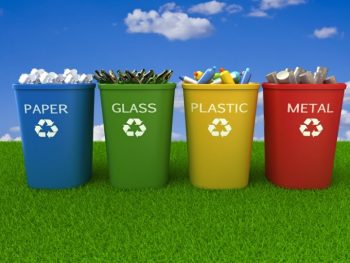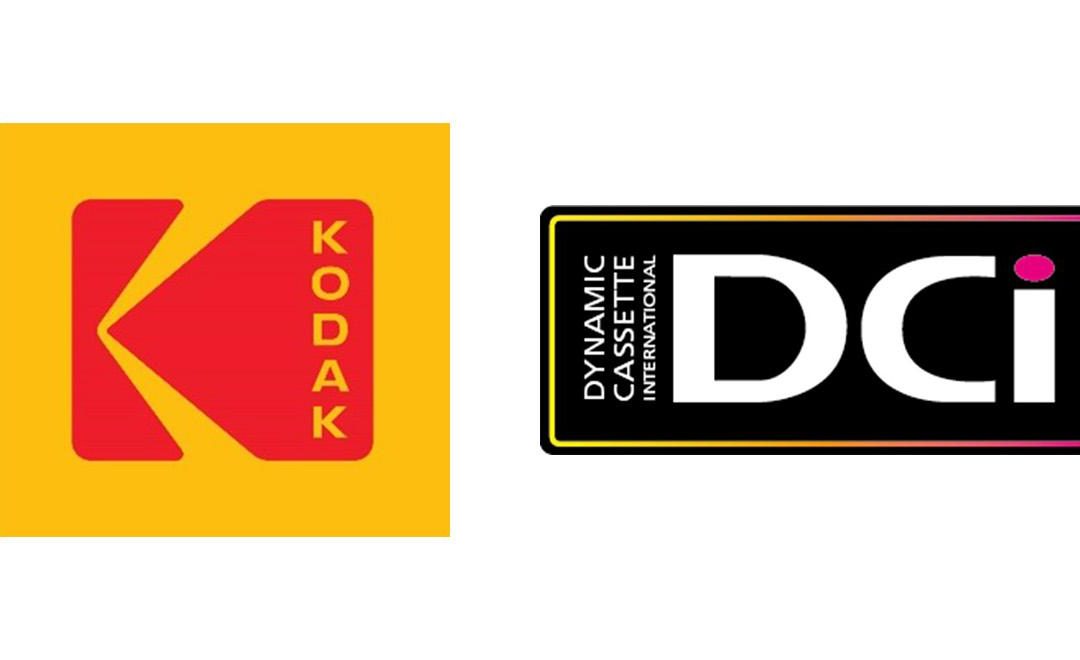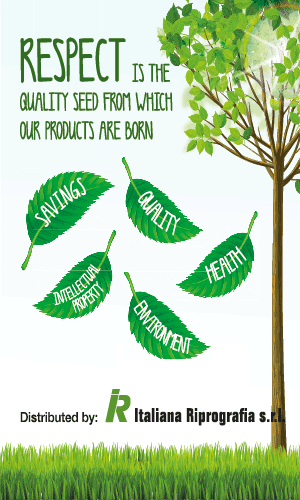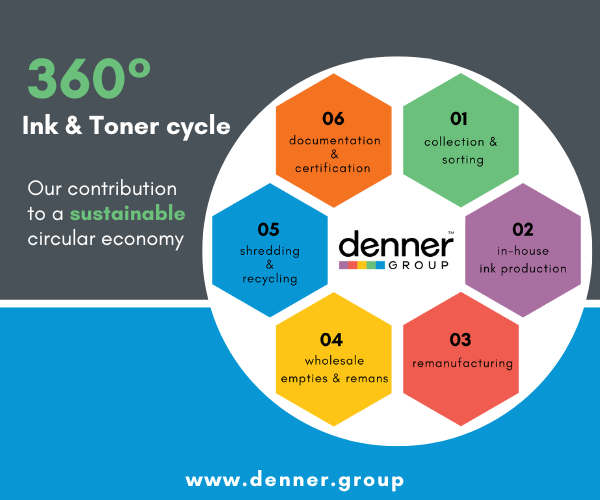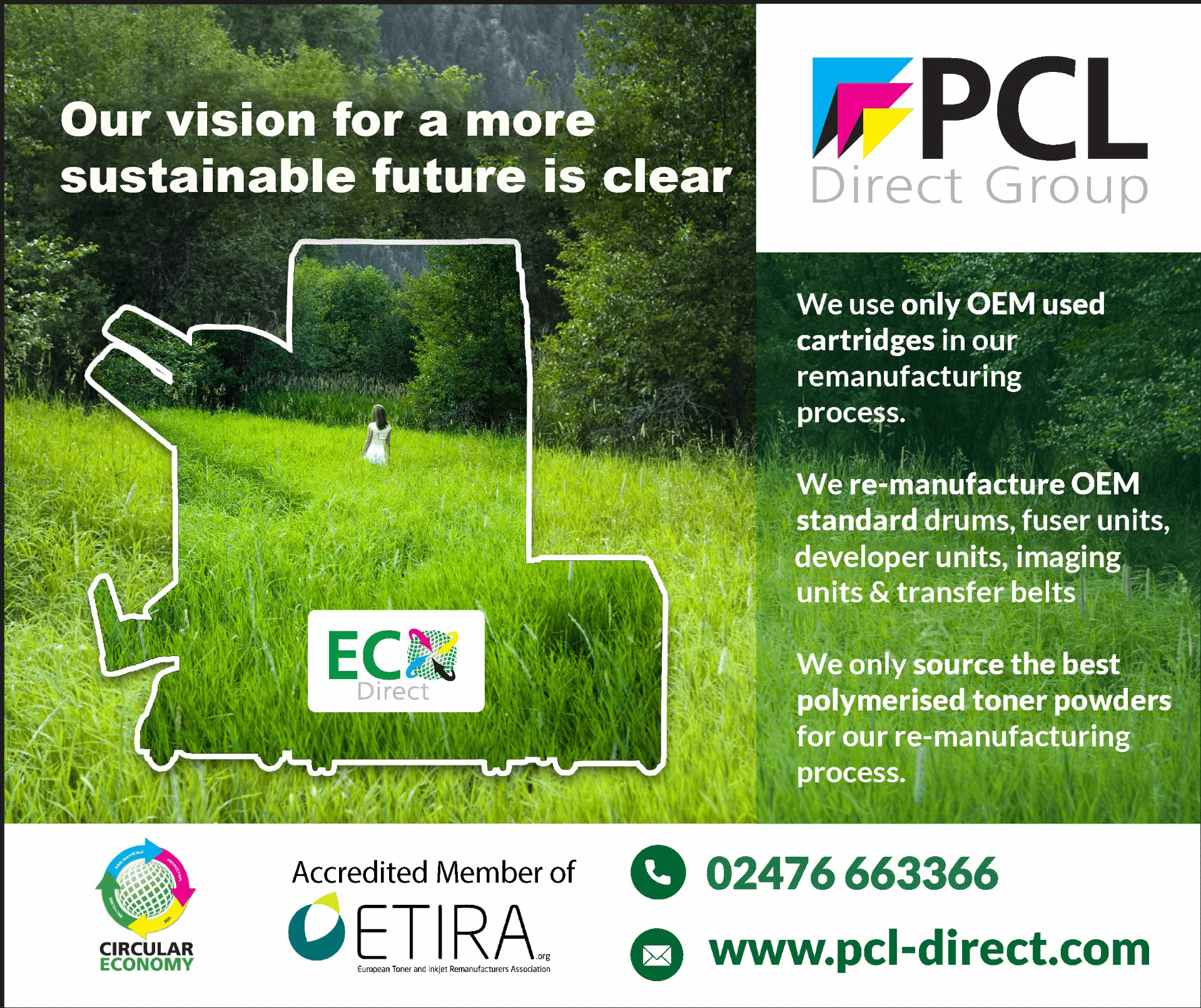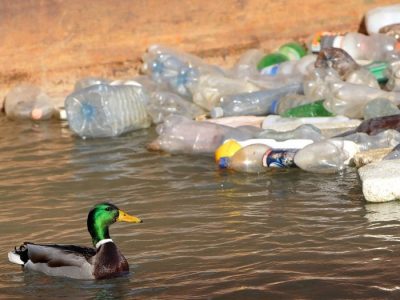
An article by Rob Bishop, Managing Director of Airpack Systems, asks whether plastic deserves all of the negative press it has been receiving of late.
Opening the article by explaining that plastic is currently being “demonised for its damaging effects on the environment”, Bishop goes on to ask whether all of the negative media attention is “entirely justified”, and questions the validity of paper and cardboard as viable plastic replacements.
While he concedes that plastic waste “is certainly a big problem that needs to be urgently improved”, he argues that we must accept that “pretty much all human activity involves use of the earth’s resources and has an impact on our environment”; therefore, the challenge for humans is to “constantly improve the way we use those resources”.
He explains that, while plastic is the material that is being scrutinised most closely, paper and cardboard may not be “the simple green solution some may think.” To illustrate this fact, Bishop makes a comparison between the processes involved in the manufacture and recycling of both plastic and paper:
“* The overall energy required to produce a paper bag is between four to five times more than a plastic bag
* Both production processes require water, but paper production is a particularly water intensive process, using approximately 15 times more water
* Paper bag production produces 70 percent more pollution than plastic bags
* Paper manufacturing generates 80 percent more greenhouse gas emissions than plastic bags
When it comes to protective packaging, there are a number of other environmental benefits for plastic over paper.”
Bishop explains: “the weight of any packaging materials will directly impact the amount of energy required to transport the packaging materials themselves and also the pack of finished goods to the retailer or end-user. Switching to a lighter weight material can positively impact your carbon footprint. Once inflated, inflatable bags consist of only 2 percent plastic and 98 percent air – so, that’s pretty much as light as air!”
Deflated bags “take up much less space than paper and board based protective packaging” which means “significantly less vehicles are required to transport large quantities and much less storage space is required” as well. These factors combine to help reduce CO2 emissions and carbon footprint.
Bishop states, “Inflatable plastic packaging is one of the most effective methods for protecting fragile items in transit, with significantly reduced levels of damage, with rates as low as 0.04 percent breakages for shipments achieved by customers over a period of an entire year. That’s a significant reduction in wasteful replacements, returns and replacement logistics, costs and delays.”
Because plastic is “more durable than paper”, this renders the material more suitable for being reused multiple times.
Recycling paper is “very resource and energy intensive compared to plastic and it takes significantly less energy to recycle a kilo of plastic compared to paper”, according to Bishop. However, he does concede that “due to lower awareness and fewer recycling facilities, in 2014 UK rates of plastic recycling, at 37.9 percent, were significantly lower than paper recycling at 73.1 percent (Defra March 2017).”
Bishop adds, “LDPE plastics are beginning to be accepted through kerbside recycling schemes, but there is still a way to go in improving the understanding of which types of plastic can be recycled, such as yoghurt pots and plastic trays, and the more widespread availability of recycling facilities.”
He concludes the article by saying that “we should be careful about providing simple solutions to complex problems”. He also asserts that we need to channel more energy into improving the manufacture, reuse and recycling processes of our various packaging materials, saying that “no doubt increased research and innovation into plastics recycling will be part of the answer.”
However he finishes by saying that we need to be wary that we do not “over simplify our response to one environmental problem only to end up with an even bigger one to deal with.”


